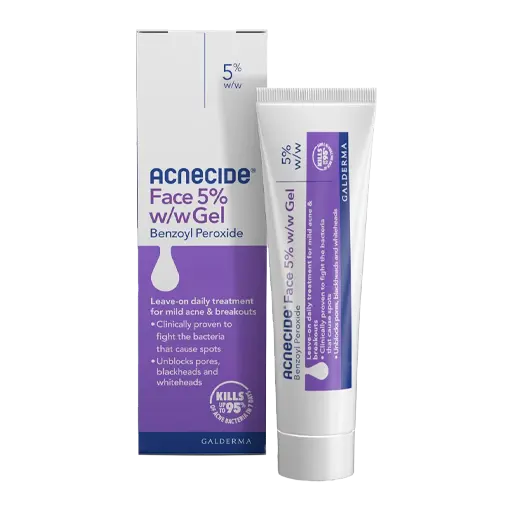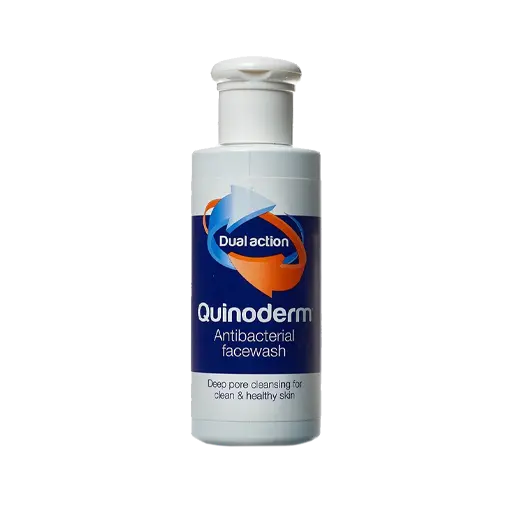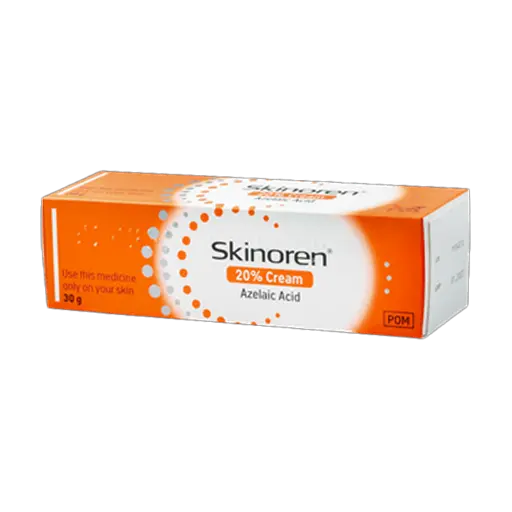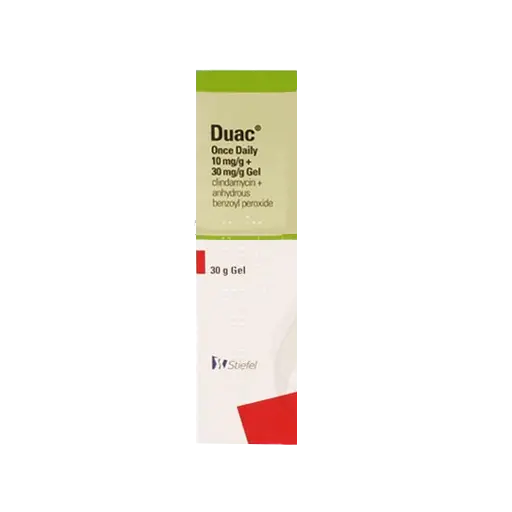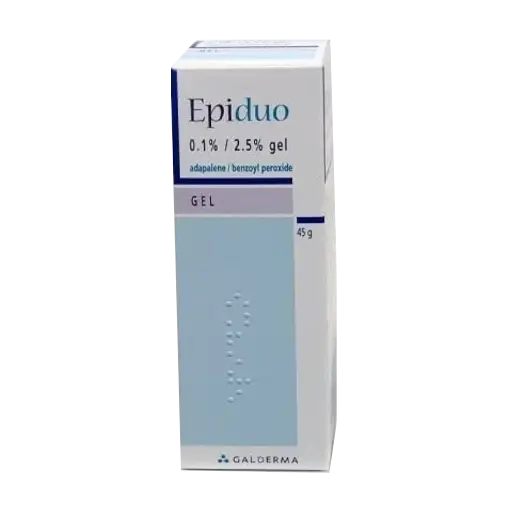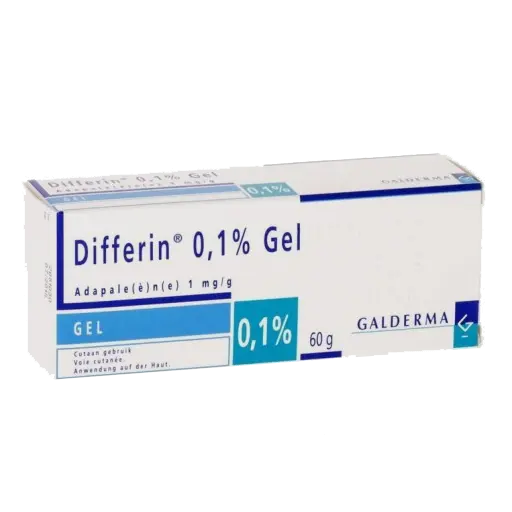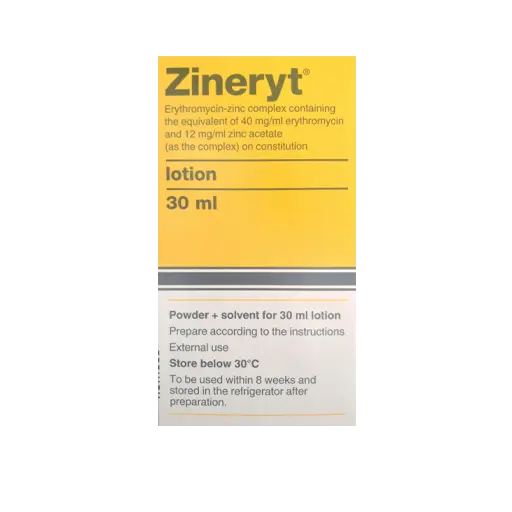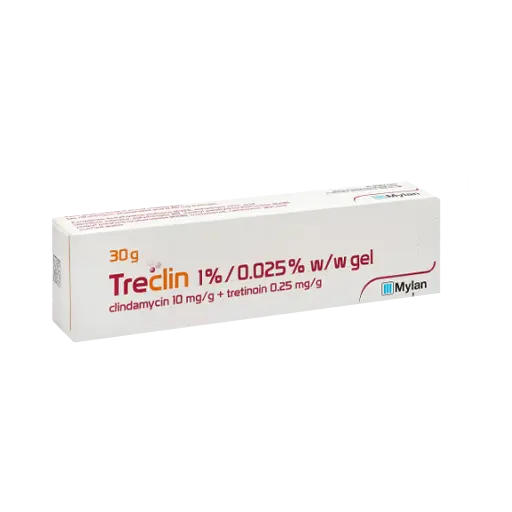acne consultation
Please fill in the questionnaire below. Any information provided will be kept confidential and will only be seen by a prescriber. These questions are designed to give our prescriber enough information to make a decision on whether the treatment is suitable, please fill them in truthfully.
acne
Acne is a common skin condition that affects many people, causing spots, oily skin, and sometimes painful cysts. It typically appears on the face, back, and chest and can significantly impact self-esteem. At Hightown Pharmacy, we provide a range of treatment options designed to reduce acne symptoms and promote clearer skin. Our solutions target the root causes of acne, such as excess oil production and bacterial infections.
-
P
-
POM
-
POM
-
POM
-
POM
-
POM
-
POM
Acne
Acne is a common skin condition that causes spots, oily skin, and sometimes painful or inflamed areas of the face, back, chest, and shoulders.
It mostly affects teenagers, but many adults also experience acne well into their 20s, 30s, or even later.
While it's not dangerous, acne can affect self-confidence and, in some cases, lead to scarring if not managed properly.
What causes acne?
Acne develops when hair follicles become blocked with oil (sebum), dead skin cells, and bacteria. This leads to whiteheads, blackheads, and inflamed spots.
Several factors contribute to the development of acne:
Hormonal changes:
- Puberty: Increased hormone levels during adolescence can cause the skin to produce more oil
- Menstrual cycle: Hormonal fluctuations before a period can trigger breakouts
- Pregnancy or polycystic ovary syndrome (PCOS): Hormonal shifts may worsen acne in some women
Other contributing factors:
- Genetics: Acne can run in families
- Stress: Stress doesn't cause acne but can make it worse
- Certain cosmetics or skincare products: Especially oil-based products that clog pores
- Diet: High-glycaemic foods and dairy may aggravate acne in some people
- Friction or pressure: From things like bike helmets, tight collars, or phone use against the skin
What does acne look like?
Acne can appear in several different forms, depending on severity:
- Whiteheads: Small white bumps under the skin caused by clogged pores
- Blackheads: Open clogged pores that turn dark due to exposure to air
- Papules: Small red bumps that may feel tender or sore
- Pustules: Red bumps with a white centre (pus-filled)
- Nodules: Large, painful lumps beneath the surface of the skin
- Cysts: Severe, pus-filled lumps that can cause scarring
Acne most commonly appears on the face but can also affect the back (sometimes called "bacne"), chest, and shoulders.
How is acne treated?
Treatment depends on the severity of your acne and how your skin responds to different products. It can take several weeks to see improvement.
Options include over-the-counter treatments, prescription creams, oral medicines, and lifestyle advice.
Topical treatments (applied to the skin)
- Benzoyl peroxide: Kills acne-causing bacteria and helps reduce inflammation
- Topical retinoids (e.g. adapalene): Help unblock pores and reduce new spot formation
- Azelaic acid: Reduces bacteria and has anti-inflammatory effects
- Topical antibiotics (e.g. clindamycin): Help reduce bacteria and inflammation (usually used short term)
Oral medications
- Antibiotics (e.g. lymecycline or doxycycline): Reduce bacteria and inflammation for moderate to severe acne
- Combined oral contraceptive pills: For women, can help regulate hormones and reduce acne
- Isotretinoin (Roaccutane): A powerful treatment for severe or cystic acne, prescribed by a dermatologist. It reduces oil production and inflammation
Other options
- Skincare changes: Use non-comedogenic (non-pore-clogging) products and gentle cleansers
- Professional treatments: Like chemical peels or laser therapy under dermatological supervision
Will acne treatment work?
Most people see improvement with the right treatment, but it may take 6 to 8 weeks to start seeing results.
Consistency is key - acne treatments work best when used daily and as directed. If one option doesn't work, another may be more effective.
Severe or persistent acne often needs prescription treatment or referral to a dermatologist.
Acne treatment side effects
Side effects vary depending on the treatment but are usually mild and improve with time:
- Benzoyl peroxide: Can cause dryness, peeling, or redness
- Retinoids: May cause irritation or sun sensitivity (use sunscreen)
- Antibiotics: Can cause stomach upset or make skin more sensitive to sunlight
- Isotretinoin: Can cause dry skin and lips, and in rare cases, mood changes - regular blood tests are required during treatment
Speak to a healthcare provider if side effects are bothersome or if acne does not improve after several weeks of treatment.
